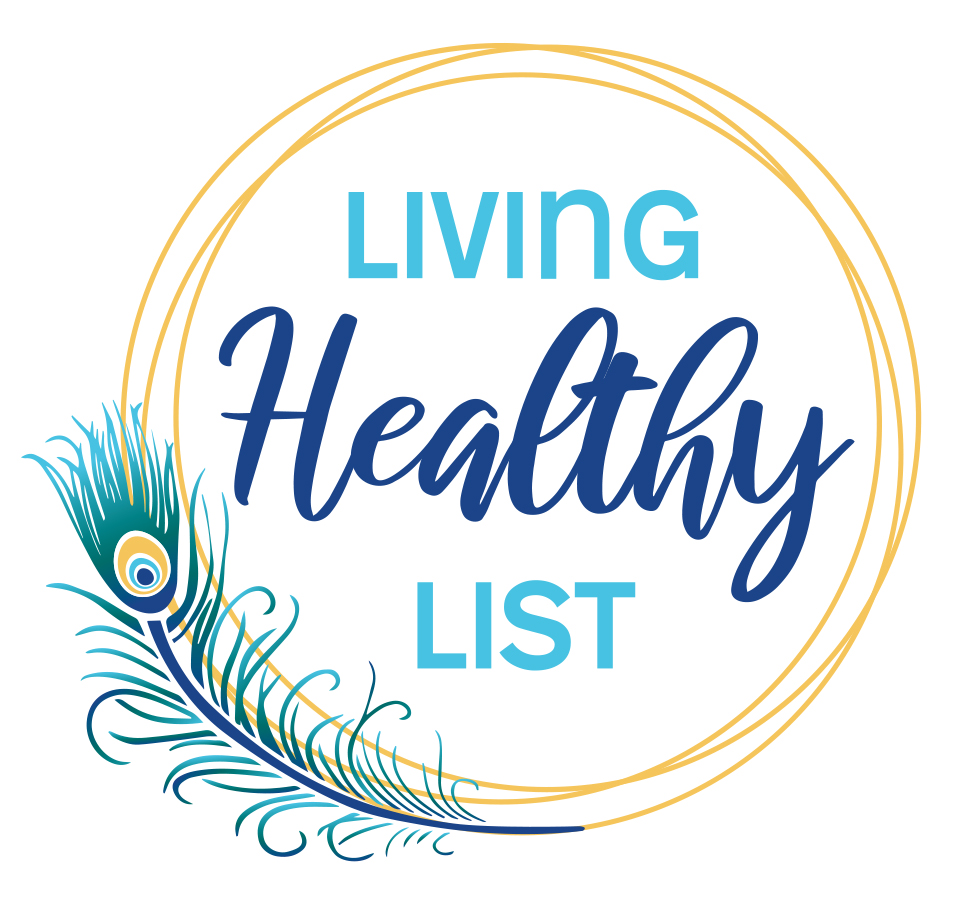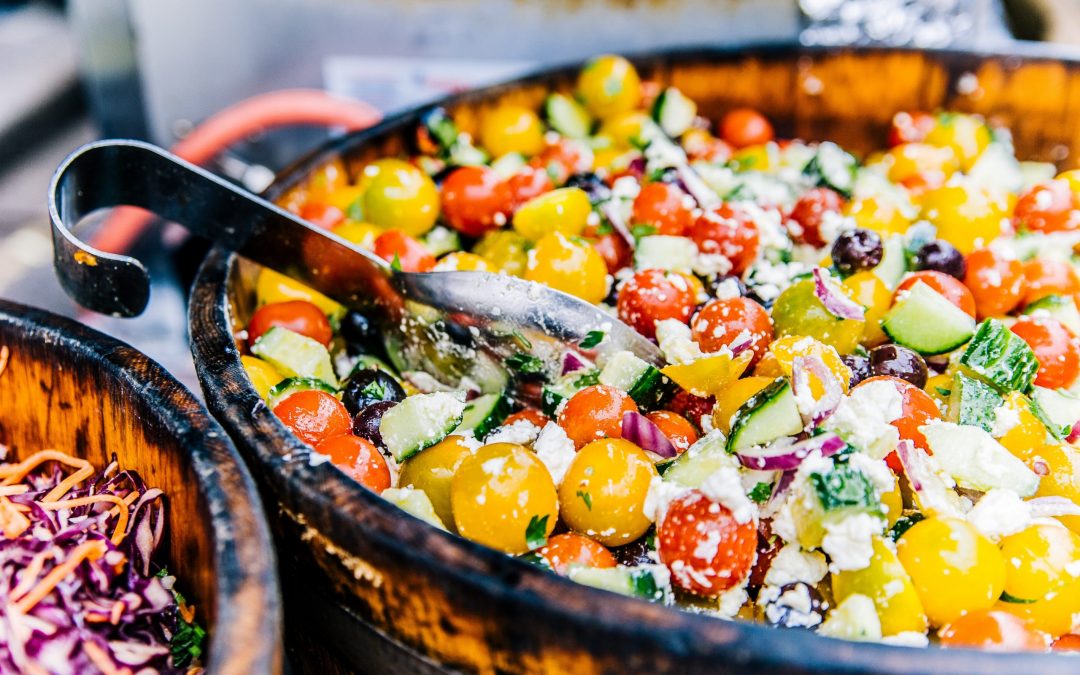I grew up eating a pretty healthy diet, and I was fortunate that my mom frequently included green salads as part of our suppers.
She would make up our salads in individual bowls, which always made me feel special (especially when mine didn’t have green onions). Salad bowls were placed on the upper right corner of the placemat, flanking our dinner plates.
Mom always topped our salads with tiny cubes of marble cheddar.
Was that her way of getting her husband and kids to eat it? I do recall the family culture dictated that nobody got to opt out of their salad. We were eating it, whether we liked it or not.
Was she bribing us with the cheese?
I bet she was. She was smart, and cheese is what it took to get us to eat our roughage and leaves without too many complaints.
Roughage was the disparaging word my older brother used for the salads. As if the salads were worthless.
He’d say it takes more effort to eat the salad than the calories you get from it. Yet another thinly disguised complaint.
I wonder if you can relate?
Do you, or members of your family, view salad as an obstacle to better things you’d rather eat?
Or, like my husband, do you eat your salad first, so you can move on to enjoying your favorite dishes without the pesky distraction of leafy greens and bits of chopped celery, carrots, and red peppers?
We Are Fortunate to Have the Choice to Eat Salads
Those of us who are fortunate enough to be able to enjoy salads, really shouldn’t take it for granted.
Do you know that in much of the developing world, raw salads are out of the question because the soils are toxic, and sanitation and disease make them too big of a health risk?
Crazy! When you really don’t have it at all, you would definitely miss it. I do when I am visiting countries for weeks at a time, sans salad.
Raw food is high in natural enzymes, vitamins, and minerals. They are also cooling and cleansing, which is especially needed here in the United States where meat, wheat, and dairy—heavier foods—are a big part of our daily diet.
So, rather than some pesky thing to avoid, let’s take a look at why salads are worth cherishing, as well as some circumstances when they might not be the best choice for your health.
5 Health Benefits of Eating Salad
The health benefits of eating salads are many, and the following list may even surprise you as it incorporates the wisdom of Ayurveda, which is an ancient system of healthcare that originated in ancient India 5,000 years ago.
1. Supports Digestion
Salads are a form of roughage indeed. In Ayurveda we literally identify their nature as rough, and it’s this quality that helps to keep food moving through the 26 feet of our digestive tract.
A salad really does “keep things moving.”
2. Aids in Fat Digestion
The roughage we refer to in a salad is also known as insoluble fiber, and this serves a second purpose, and that is to scrape off excess mucus and congestion from the walls of your digestive tract.
This is definitely an important benefit.
Also, the lemons, limes, and vinegars used in salad dressings stimulate the body’s production of digestive juices, which further supports fat digestion.
This is why salads are the smart choice to have with heavier food.
3. Cleanses the Liver
The bitter taste of lettuce, and other raw foods, is gently cleansing for the liver. The liver is the primary detox organ in the body, and it needs constant support to work optimally.
4. High Energy Food
Lettuce is very high in life force energy, which is known as prana in Ayurveda.
The reason for the high prana content is the fact that lettuce doesn’t store for very long before it goes bad. For example, there’s no way you can pick lettuce from the field and eat it a week later.
In Ayurveda, we say that the fresher a food is, the more prana it has.
While lettuce must be relatively fresh, you can’t say the same for a lot of the other vegetables on grocery store shelves.
So you want to seek out fresh food as much as possible to increase your prana intake, and lettuce is a great place to start.
5. High in Vitamins, Minerals, Enzymes, and Micro-organisms
Since the food you are eating is raw, it is important to choose the highest quality produce you can find and afford. Organic, local, or sustainably-grown is best.
Food grown in organic soils is much, much higher in nutrition and beneficial micro-organisms than food grown in conventional soils where chemical fertilizers, pesticides, and herbicides have been used.
It is the role of soil biology to seek out all the nutrition that a plant needs to thrive. It is trillions of micro-organisms that play this role. A web of life in the soil is what allows for this intricate communication to occur between the soil, the plant, and the sun.
When you eat this kind of high-quality food, you will benefit in ways you cannot imagine.
4 Valid Reasons Not to Eat Salads
Just as there are many good reasons to eat salads, there are also some valid reasons why you might want to skip them.
1. Difficult to Digest
Raw foods in general are higher in nutrients and minerals, but they are also harder to digest than cooked foods.
So you always want to chew well to get the digestion process started. If you have poor teeth, or chewing is difficult for you, then salads may not be the best choice.
Grating dense veggies like beets and carrots before adding to your salad can help to start the process of mechanical digestion.
Leafy greens are also relatively easy to digest, because they have a light and airy quality.
2. Too Light
Salads are wonderful as accompaniments for rich food because they help balance out the meal.
However, if you are eating only plant-based, or you are vegan, underweight, deficient, or thin, then you might want to think twice about overdoing it with salads, because they can be too cleansing for you.
One thing you can do to balance out the light quality is to include more substantial elements in your salad, such as cheese, cubes of sourdough bread, pita chips, hard-boiled eggs, meats, cooked green beans, potatoes, or squash.
3. Too Rough
That rough quality I spoke about as a benefit can also be very irritating if you have inflammation or open wounds in the digestive tract. Vinegar is also irritating.
Be mindful after eating salad of how it makes you feel. Don’t assume that salads are good for you just because it’s so-called common knowledge.
4. Too Cold
In Ayurveda, we recommend enjoying salads at lunchtime, when your digestive strength is the strongest and hottest, as well as when the weather is warm, such as in summer.
The reason is that raw foods are very cooling, and too much cold quality can suppress or extinguish your metabolism.
How Do I Know If Salads Are Right for Me?
In Ayurveda, we liken your digestive strength to a fire.
On a daily basis, the strength of that fire tracks the sun. That’s why we say that your digestive strength is the hottest and strongest at midday when the sun is at its highest strength.
However, in addition to this predictable daily rhythm, different people also have different types of fires. We call this your digestive type, or agni type. Agni is the Sanskrit word for fire.
Some fires burn hot. If this is the case, salads will be more beneficial for them.
Others’ have a digestive fire that burns very cold (low metabolism), and salads can be too cold for them to digest.
I encourage you to always check in with how you feel before choosing a salad.
Then, after eating, notice if it makes you feel better. If it does, then it’s good for you.
If it doesn’t feel supportive, then don’t assume it’s what you need just because the idea of salads being healthy is a popular refrain.
Each of us has unique situations and different needs. A qualified Ayurvedic practitioner can help you to sort out what type of food will help you thrive. Learn more about me here.
Hearty Salads You May Enjoy
Hearty Persian-Style Cucumber Salad
Arugula Salad with Lemon & Olive Oil

Andrea Hayley-Sankaran is the founder of Good Gut Ayurveda, a certified Ayurvedic Digestive Health Coach, and creator of Happy Eater, a 6-week program that helps purpose-driven entrepreneurs and professionals take control of their health, and unlock their energy, freedom, and FLOW.
Andrea is a vegetarian chef of 25 years who’s known as the “joyful chef” because of her infectious love for cooking. Students rave about their cooking class experiences as they experience her signature mindful approach to cooking and eating. They especially appreciate learning how to cook vegetarian food that tastes so amazing they don’t miss the meat.
Through her programs, coaching, writing, and speaking, Andrea empowers her community to find balance and attain health and healing through individualized diet and lifestyle habits informed by the ancient wisdom of Ayurveda.

